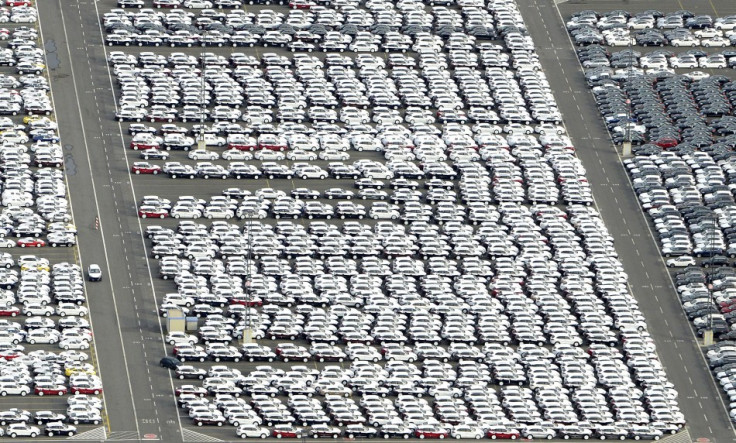Germany's Recovery in Question as Exports Decline Significantly

German exports declined in May at their fastest pace since 2009 because of the slowdown in key European and China markets, adding to worries that the country's recovery was losing momentum.
The Federal Statistical Office said that exports declined by 2.4% in calendar-adjusted terms from the previous month to €90.4bn ($116bn/£78bn). Economists expected a 0.1% increase in exports.
Imports rose by 1.7% to €76.3bn on stable domestic demand.
Germany's trade surplus declined to €13.1bn from €18bn in Apil. The surplus in the current account, a measure of all trade including services, was €11.2bn in June, down from €16.7bn.
On a year-on-year basis, exports declined by 4.8%, primarily due to a 9.6% decline in demand from other countries in the euro area. Imports declined by 2.6% from the year-ago month.
Exports to the eurozone, where Germany sends 40% of its shipments, declined by 9.6% from the year-ago month, and exports to the European Union (EU) fell by 7.1%. Export demand from countries outside the EU declined by 1.6%, with the slowdown in China have an impact on trade. With the slowdown in the EU, many German manufacturers had looked at China, the second largest economy, as an alternative.
"German exports dropped sharply in May, illustrating that the economy still has difficulties to shift into a higher gear," Carsten Brzeski, senior economist at ING, said.
The biggest economy in Europe earlier weathered the credit crisis with the support of strong exports and a robust job market fuelling domestic demand. Nevertheless, the economy had started to slow down and posted a contraction of 0.7% in the final quarter of 2012.
The economy returned to modest growth of 0.1% in the first quarter and is expected to pick up further. The eurozone contracted in the first quarter of 2013, a sixth consecutive quarterly fall.
A recent purchasing managers' survey indicated that the export situation in Germany would not improve in June as bookings in the manufacturing sector continued to decline for a fourth straight month.
With exports negatively affecting the gross domestic product, Berlin was relying on private consumption, helped by higher wages, to support economic growth.
© Copyright IBTimes 2025. All rights reserved.






















